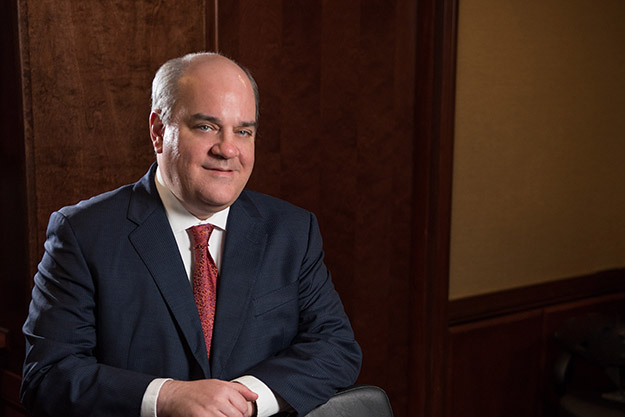Article
Resources
Article
TO THE DEFENSE: U.S. Supreme Court gives employers two interesting defenses in FLSA cases
The United States Supreme Court has recently armed employers with two new defenses while settling an issue that may otherwise have been of fairly limited direct interest to most employers. The Court resolved a recent circuit split – the issue was largely resolved until 2009 – regarding whether pharmaceutical representatives qualified as outside salesmen under the Fair Labor Standards Act. In deciding that such representatives were outside salesmen and exempt from overtime, the Supreme Court offered a practical defense and issued a rebuke against the United States Department of Labor (“DOL”) for overreaching.
Historically, sales representatives in the pharmaceutical industry, or detailers as they are known in the field, were treated as outside sales people who were exempt from overtime. This position had always been subject to some criticism because detailers do not fit into the mold of classic sales people in that they do not actually sell the products they represent; they merely get non-binding commitments from physicians to prescribe their product. The actual sale does not occur until the pharmacist fills the prescription.
That changed when the Second Circuit held that detailers were not exempt and needed to be paid overtime. In re Novartis Wage and Hour Litigation, 611 F.3d 141 (2d Cir. 2010). The Second Circuit based its decision, in part, on an uninvited amicus brief filed by the DOL in which the agency – for the first time – took the position that detailers were not exempt. As the Novartis case was making its way through the courts, a similar case proceeded through the Ninth Circuit. But there the circuit court refused to defer to the DOL’s position and found the detailers to be exempt. The Supreme Court agreed to hear the appeal to resolve this disagreement among circuits.
In doing so, the high court decided it owed no deference to the DOL because the agency had changed its position without fair warning to the industry in a way that “would result in precisely the kind of ‘unfair surprise’ against which our cases have long warned.” Christopher v. Smith Kline Beechum Corp., No. 11-204, 567 U.S. __ (2012), at 11. The Court noted that until 2009 “the pharmaceutical industry had little reason to suspect that its longstanding practice of treating detailers as exempt outside salesmen transgressed the FLSA.” Id. at 12. While recognizing the general value of deference, the Court refused to do so here because “it is one thing to expect regulated parties to conform their conduct to an agency’s interpretations once the agency announces them; it is quite another to require regulated parties to define the agency’s interpretations in advance or else be held liable when the agency announces its interpretations for the first time in an enforcement proceeding and demands deference.” Id. at 14.
The Court then began to interpret the regulations at issue in order to decide if detailers should be considered exempt. After deciding that the best interpretation of the regulations led to the conclusion that they are exempt, the court noted that it made common sense because detailers bore “all of the external indicia of salesmen.” Id. at 21. The Court also noted that its holding “comports with the apparent purpose of the FLSA’s exemption for outside salesmen.” Id. The Court noted that the exemption is premised on the belief that exempt employees typically earn salaries well above the minimum wage and enjoy other benefits that set them apart of individuals who were entitled to overtime, and then recognized that each of the individuals involved in Christopher earned an average of $70,000 per year and spent 10 to 20 hours outside normal business hours doing sales work. The Court also recognized that the median pay in the industry exceeded $90,000 a year. Id. at 6 n. 7. Employees who earn at that level “are hardly the kind of employees that FLSA was intended to protect.” Id. at 22.
The import of this decision for employers outside the pharmaceutical industry is twofold. First, it recognizes a limitation on the DOL to change its position regarding the treatment of employees without fair warning through the regular rulemaking process. Second, it recognizes the common sense approach that some people are simply paid at a rate that makes the need for overtime compensation superfluous. In doing so, the Supreme Court seems to have created a common law argument similar to the regulations passed by the DOL in 1994 that streamlines the exemption process for individuals making $100,000 a year or more. At certain compensation levels, overtime is simply not reasonable and becomes excessive. While employers are always cautioned to be careful with classifying their employees properly, the Supreme Court’s decision in Christopher at least gives some arguments for maintaining the exemption of certain highly compensated employees.


